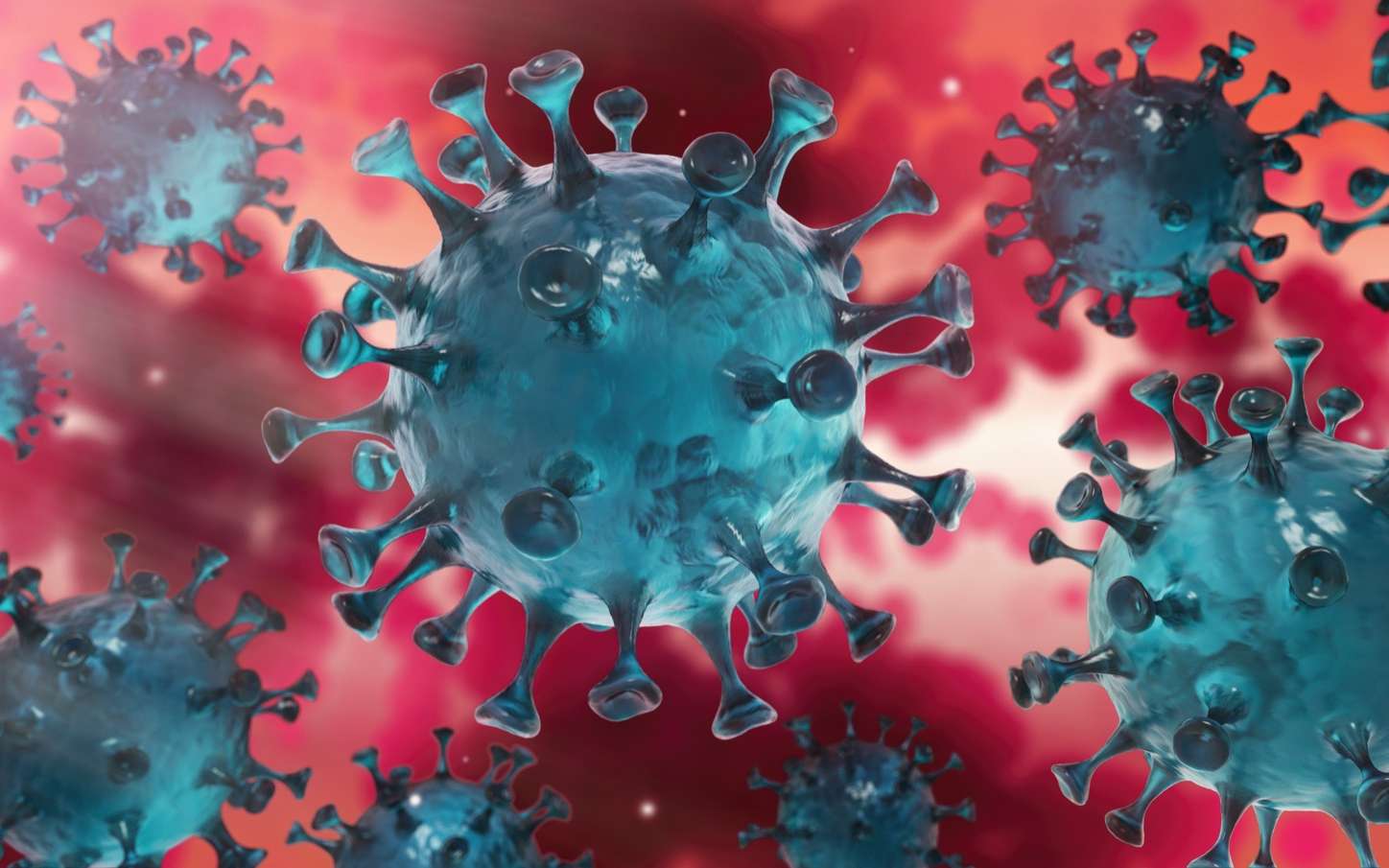Japan reported more than 3,000 new cases on Saturday, yet another record as winter set in, with infections worsening in Tokyo, the northern island of Hokkaido and the city of Osaka.
But Japan, with a focus on the economic costs, has steered clear of tough lockdowns. It tackled its first wave of infections in the spring by asking people to refrain from going out and for businesses to close or curtail operating hours.
The government also launched a subidy programme called “Go To Travel” to encourage domestic tourism and support businesses but critics said encouraging people to travel had helped spread infections.
Prime Minister Yoshihide Suga had ruled out halting the programme, citing economic considerations, but that changed after weekend polls showed his support being eroded over his handling of the pandemic.
The programme would be suspended nationwide for two weeks from Dec. 28, media reported.
Across the sea in South Korea, President Moon Jae-in also faces sliding ratings as clusters of new infections fuel criticism over what many see as slack containment.
Moon has warned of the possibility more stringent curbs.
“Our back is against the wall,” he said. “This is a crucial moment to devote all our virus control capabilities and administrative power to stopping the coronavirus.”
South Korea reported a new daily record of 1,030 infections on Sunday, a big worry for a country for months held up as a mitigation success story but still a fraction of the tallies being seen in some European countries and the United States, where vaccines are being rolled out.
Few Asian countries expect to get significant amounts of coronavirus vaccines in coming weeks as they manage distribution schedules, allow time to check for any inoculation side effects elsewhere or run their own late-stage trials.
Instead, they are counting on the methods that have largely kept infections in check for months – ahead of the curve testing, stringent travel curbs, strict social distancing and masks.




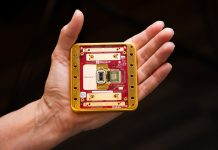









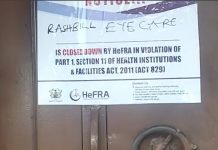
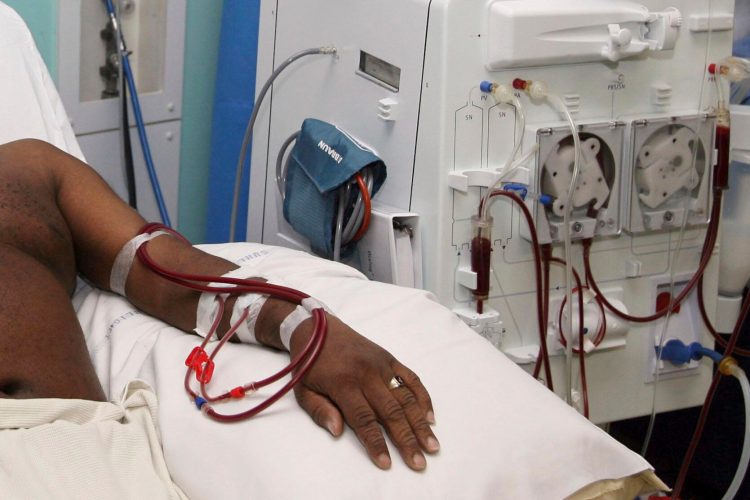
















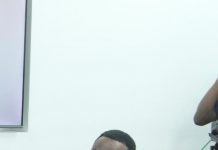




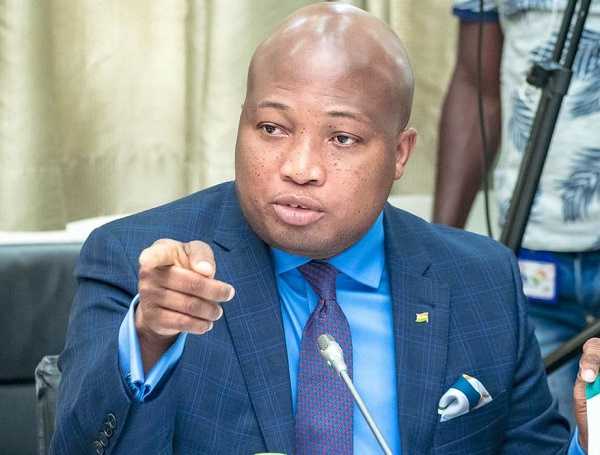













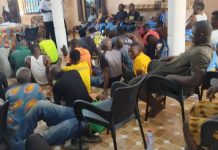

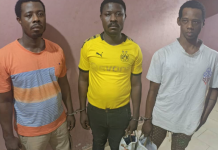

![[FREE FREE MONEY] Predict and Win a Guaranteed GH¢200 From Us EVERY WEEK](https://wordpress.ghanatalksradio.com/wp-content/uploads/2022/02/Predict-and-Win-Final-09-03-2021-218x150.jpg)
![[Predict & Win – 8th/Oct.] WIN A Guaranteed ¢200 From Us This Week](https://wordpress.ghanatalksradio.com/wp-content/uploads/2021/10/maxresdefault-16-218x150.jpg)
![[Predict & Win – 2nd] WIN A Guaranteed ¢200 From Us This Week](https://wordpress.ghanatalksradio.com/wp-content/uploads/2021/09/maxresdefault-50-218x150.jpg)
![[Predict & Win – 25th] WIN A Guaranteed ¢200 From Us This Week](https://wordpress.ghanatalksradio.com/wp-content/uploads/2021/09/maxresdefault-36-218x150.jpg)
![[Predict & Win – 18th] WIN A Guaranteed ¢200 From Us This Week](https://wordpress.ghanatalksradio.com/wp-content/uploads/2021/09/maxresdefault-23-218x150.jpg)
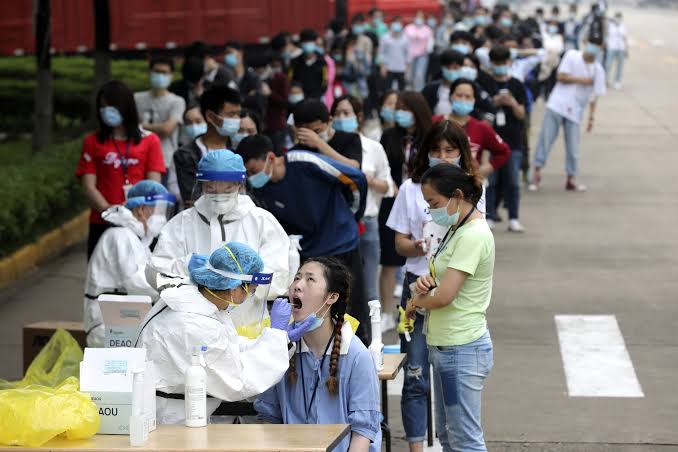








![[National cathedral] See full list of churches that have contributed since 2018](https://wordpress.ghanatalksradio.com/wp-content/uploads/2020/09/Ghana-National-Cathedral-GhanaTalksRadio-100x70.jpg)

